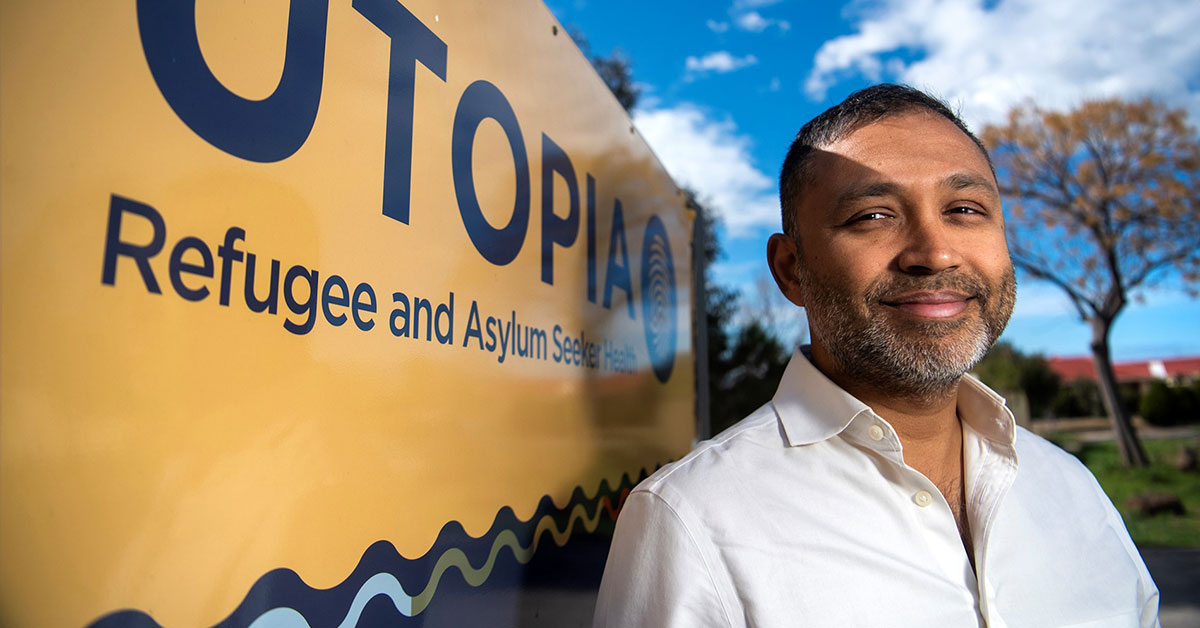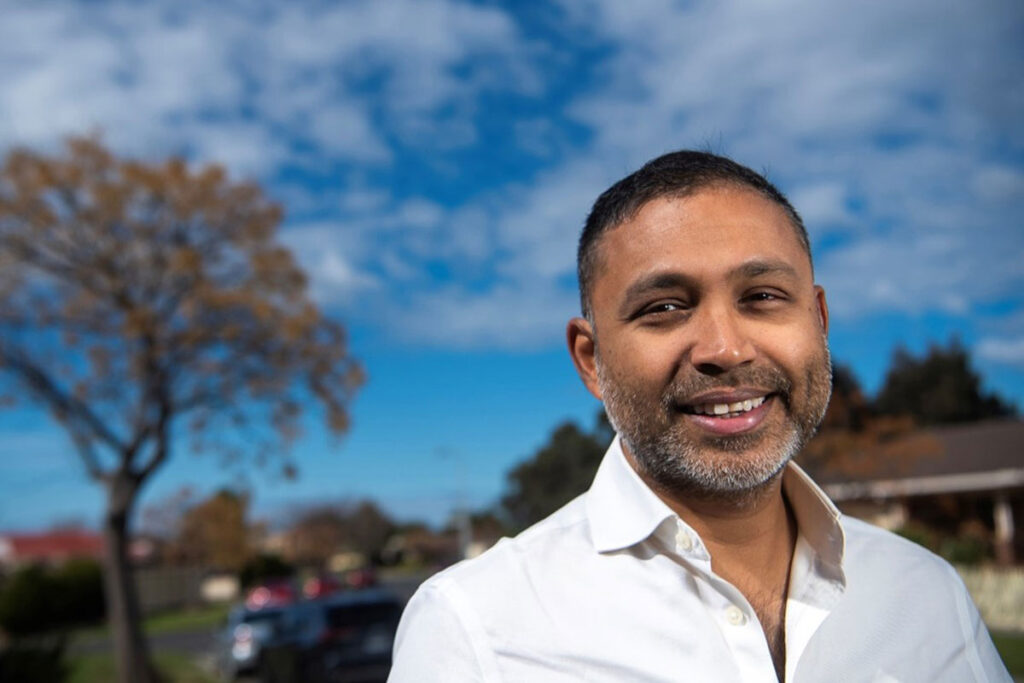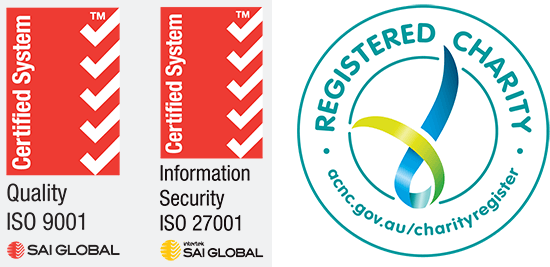
There is broad agreement within health circles that Medicare’s fee for service model is ill-equipped to deal with the rise in chronic disease affecting older Australians.
The most efficient way to reduce the impact of chronic disease is to prevent it in the first place.
A GP might recommend that a patient stop smoking, exercise more or be more social, but a practice nurse, dietitian, diabetes nurse educator, pharmacist or social worker might more effectively support someone to make the required changes. Medicare only funds some of these others in limited ways.
This is where the North Western Melbourne Primary Health Network (NWMPHN) Early Intervention for Healthy Ageing program steps in. The organisation funded 10 general practices, recruited via expressions of interest, to test new ways of helping people who are at least 55 years old, stay well at home. For Aboriginal and Torres Strait Islander people the baseline age is 35.
The program examines how flexible block funding can complement the existing Medicare Benefits Schedule (MBS) fee-for-service model.
Flexible funding, not tied to how often a patient sees a GP, allows general practice to invest in more multidisciplinary team care, using nurses, allied health and other professionals to try to keep people healthy as they age.
It also encouraged innovation in designing care strategies.
M3 Health Hobsons Bay in Spotswood used fitness trackers and smart watches linked to patients’ mobile phones to better manage their health and wellness.
Altona North Medical Group used the funding for an hour-long induction where patients saw multiple clinicians, not just the GP, to get a fuller picture of how best to keep them well. Guardian Medical at Sanctuary Lakes and Highpoint funded a nurse coordinator to link patients into local social groups and activities to keep them connected and to complement their medical care.
Utopia Refugee and Asylum Seeker Health, in Hoppers Crossing, used the funding to reduce barriers that prevent people from even seeking medical care. The Utopia community is heavily focused on people who have recently arrived in Australia, many of whom do not speak English.
Dr Lester Mascarenhas, Utopia’s founder, said they created weekly activities – carpentry, gardening, arts and crafts and weaving – and invited the community to attend. Utopia partnered with Next Door Psychology to deliver the program so that doctors, psychologists and other health professionals oversaw the three-hour sessions.
“We wanted to make a space where we can meet people halfway in the community rather than expecting them to come to us,” Dr Mascarenhas said.
“People can come without any expectations, just come and enjoy, without any questions.”
He said that good health requires changes in lifestyle, connection with community and environment and a sense of purpose.
“We wanted to remove it from tests and de-medicalise it,” he said.
The workshops allowed people to interact with health care professionals in a more natural setting. There are also guest speakers on topics such as child car seats and driving regulations, because many of Utopia’s community are unfamiliar with the basics of Australian life.
“We found over time that people were interested once they met the doctors and the psychologist,” explained Lester. “The barriers we found were broken down and health care went from being something difficult to access, scary or intimidating to something that they felt comfortable to access.”
It is harder to measure the impact of social interventions compared to effect of a drug or a procedure. Utopia embedded a researcher in its programs to provide qualitative feedback. The researcher attended the activities and interviewed clinicians and the attendees.
Lester noted that when considering how best to manage chronic diseases, longer time scales are needed. “There are no quick fixes,” he said.
One person with chronic pain found that the act of attending a carpentry session once a week reduced his reliance on pain medication and opened up his life.
“Mixing with people, he built a table,” said Lester.
“He’s gone from a passive recipient of health care to … meeting people, having a social circle and seeing the product of his hard work. He feels less need to take medications.
“It’s had a much bigger effect on him than ‘care as usual’ in the western model.”

Another person had schizophrenia and high care needs, and was confined to his home.
The Utopia program gave him a weekly outing. Sometimes he sat with others, sometimes he sat by himself.
“He can’t do the carpentry or gardening fully but once a week for three hours he’s out in the community, he gets to see the outdoors, see other people,” Lester said.
“It’s completely transformed his life and that of his family and carers.”





